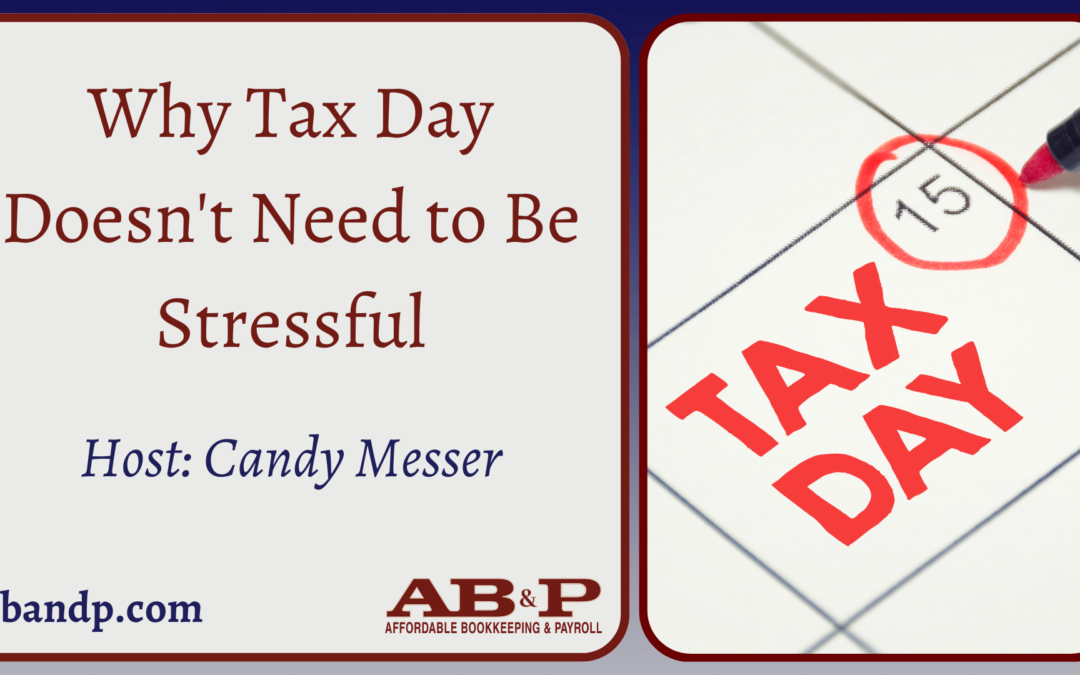Since we are past the original filing due date of March 15 for certain entities and April 15 for individuals and C Corporations, you have either filed your return or requested an extension. With the filing deadline for extensions fast approaching, I wanted to share some tips with you to reduce any stress you may be feeling.. There are some myths about the original filing deadline and the effects of extending your tax return filing. Let’s take a look at some tips to help you meet tax filing deadlines.
Plan Ahead:
- Be sure to contact your CPA early in the year to provide the necessary information to help them determine your estimated tax liability.
- Provide updated information to your tax preparer that you didn’t have when you originally submitted documents to them. This can include sharing details of items you failed to mention such as mileage you can claim, additional tax forms you’ve received, and additional sources of income, .
- Communicate with your advisor early to ensure a hassle-free extension process.
Understand Extensions:
- Filing an extension is straightforward and helps avoid the rush of the March and April 15 deadlines.
- Extensions allow more time for gathering necessary documents, like Schedule K-1s for pass-through entities, which often arrive late.
Psychological Hurdles:
- There is no need to feel anxious about missing the original deadline fearing it increases audit risk.
- Your tax preparer may advocate for an extension to avoid the need to rush to submit your return earlier in the year.
Common Misconceptions:
- Requesting an extension does not increase audit risk.
- Tax payments are still due by March or April 15 (depending on your entity), even if the filing is extended. If the original due date falls on a weekend or holiday, they are due the next business day.
Advantages of Extensions:
- Extensions provide more time for retirement contributions and accurate filings.
- Avoiding rushed filings reduces errors and potential penalties.
- Some advisors ensure their staff is not overwhelmed by Tax Day, allowing them to focus on quality service.
- Extensions are beneficial for complex filings, ensuring all data is accurate before submission
Tips for a Smooth Tax Season:
Start Early: Engage with your tax advisor in January or February to discuss the potential need for an extension.
- Gather Documents: Collect all necessary documents well in advance, including any late-arriving forms like Schedule K-1s.
- Communicate Clearly: Maintain open communication with your advisor to ensure all information is complete and accurate.
- Avoid Last-Minute Rush: Don’t wait until the last moment to file; aim to have everything ready and reviewed in advance.
- Pay on Time: Ensure any tax payments are made by the original due date to avoid interest and penalties, even if your filing is extended.
By understanding the process and planning ahead, you can avoid the stress traditionally associated with Tax Day.
If you need assistance with your bookkeeping to make sure information is available for your CPA on time with no issues, reach out to us at 310-534-5577 or contact@abandp.com. My staff is eager to assist you!
16 tips about filing for an extension past Tax Day | Accounting Today
